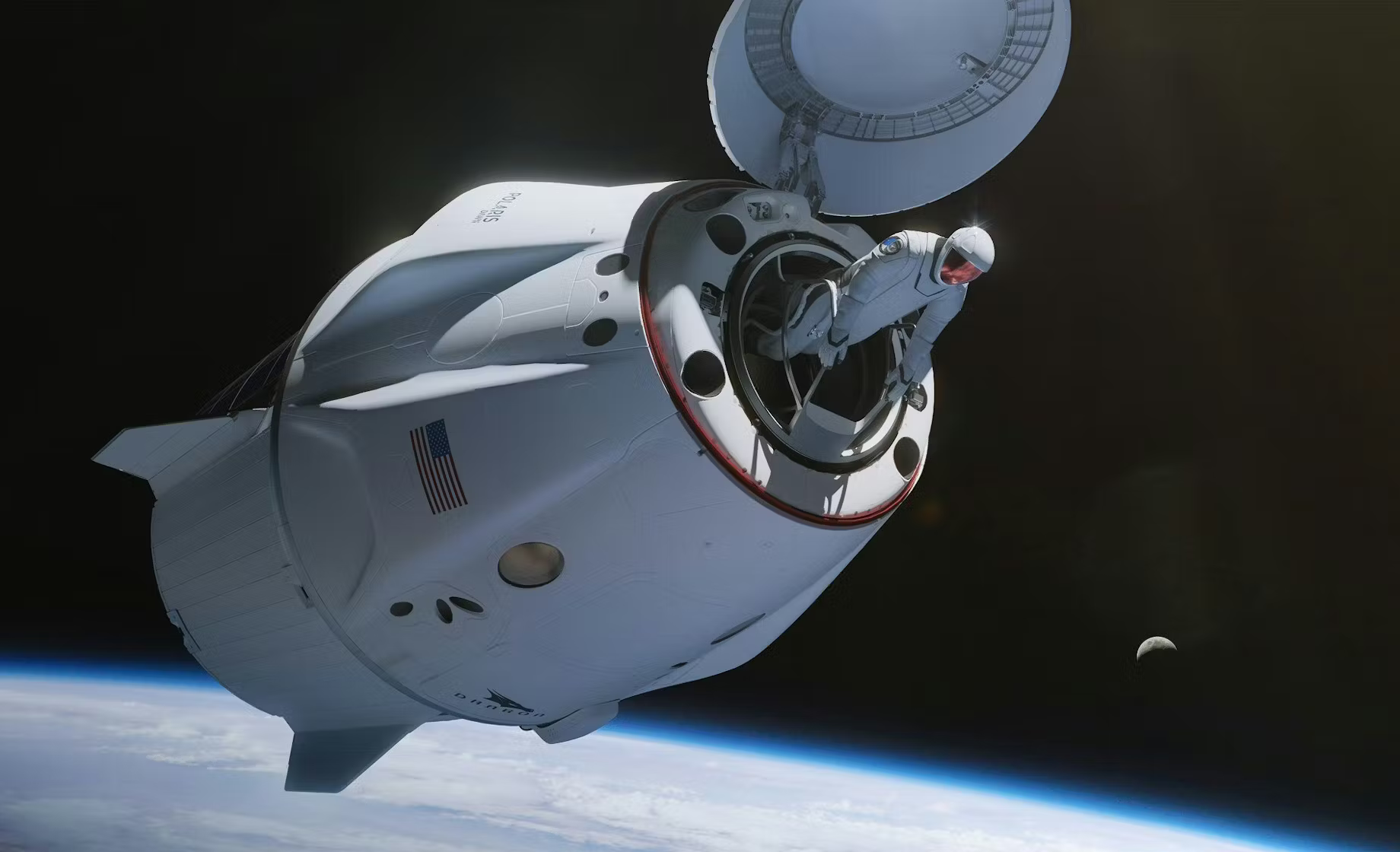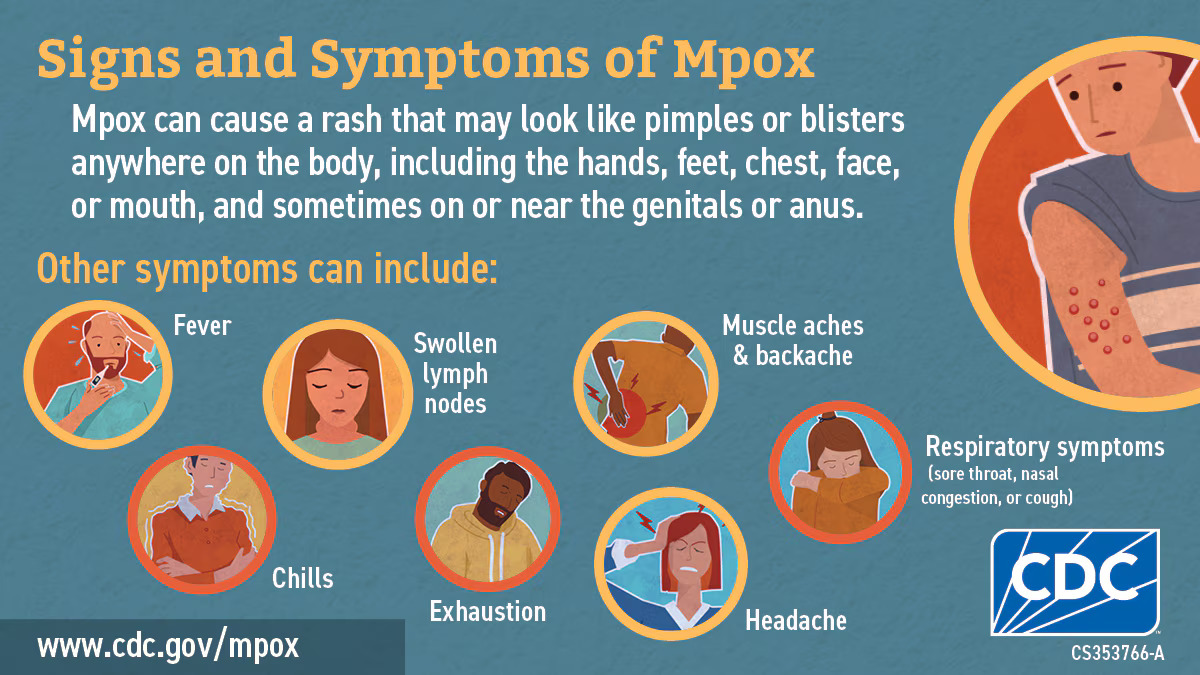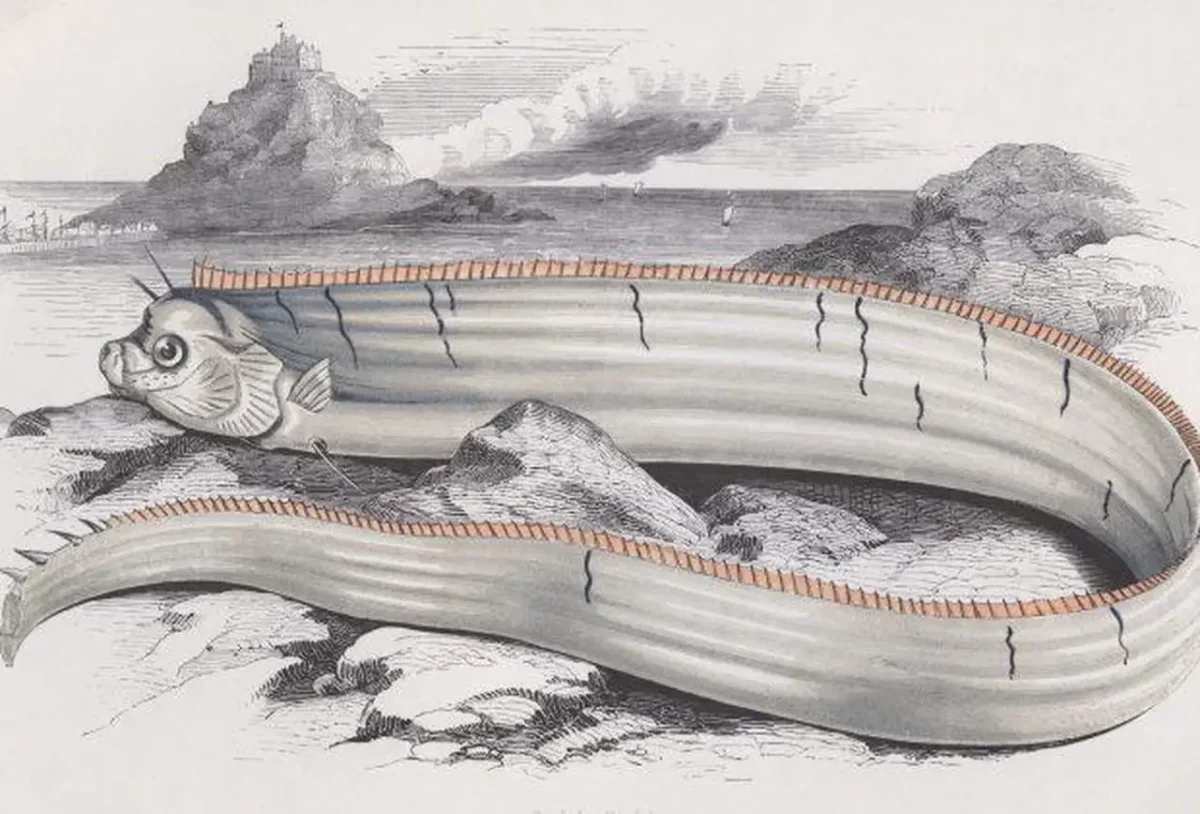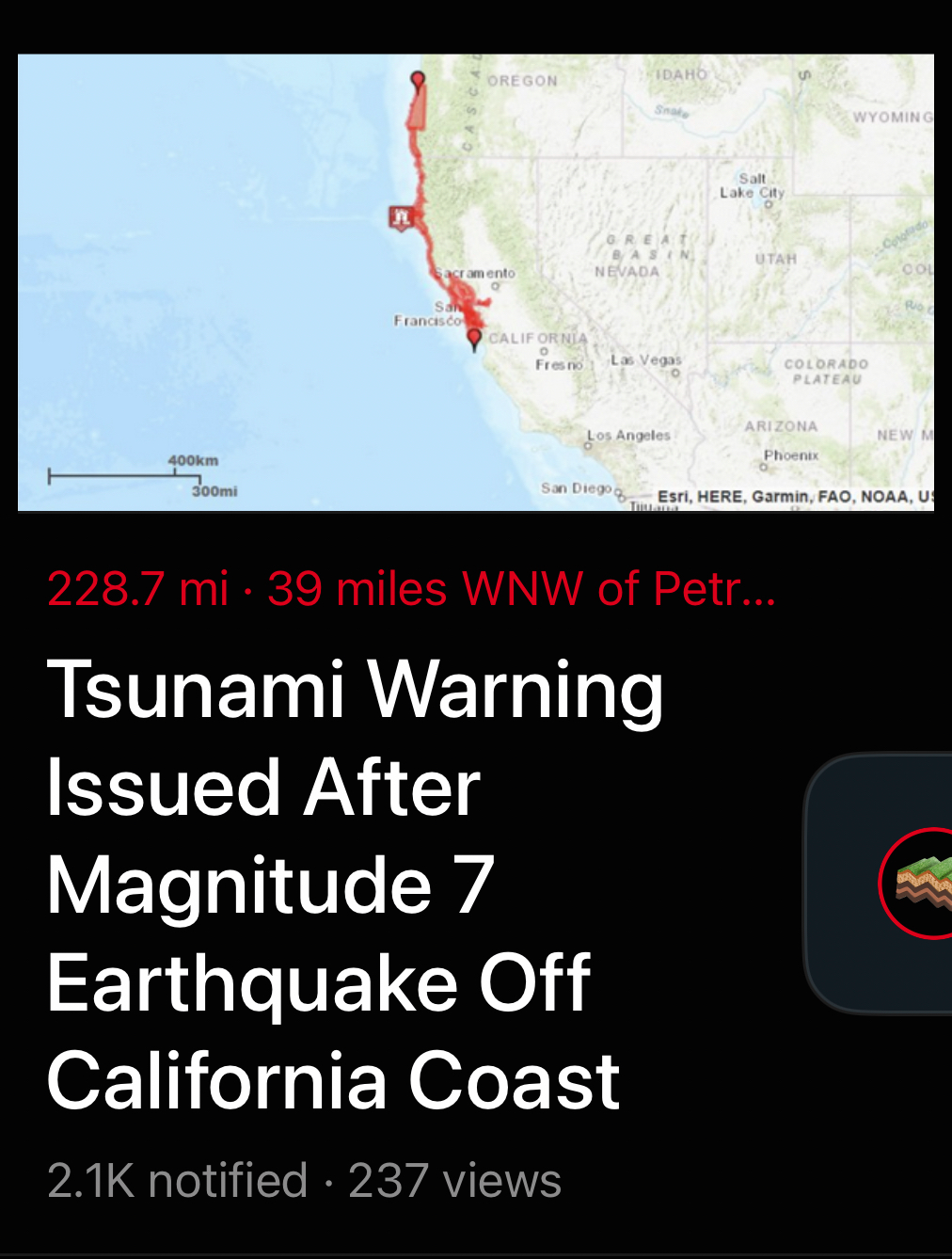Elon Musk’s SpaceX made history on Sept. 12–conducting the very first private spacewalk through the Polaris Dawn mission. Their main goal was to test their newly improved spacesuits as astronauts conducted experiments outside the capsule.
During the mission, astronauts Jared Isaacman and Sarah Gills left the space capsule to execute mobility tasks, while Scott Poteet and Anna Menon remained inside.
Utilizing the newly developed extravehicular activity (EVA) suits, the lighter and more flexible design compared to past suits allowed the astronauts to efficiently perform complex tasks such as handling tools and equipment in space. The integration of this new technology played a crucial role in the technological significance of Polaris Dawn.
With mankind looking to new planets to inhabit, many countries are setting sights on colonizing Mars. However, private space companies such as SpaceX are using the Moon as a practice run, leading to various missions taking place in order to prepare and experiment.
Missions like Polaris Dawn serve as stepping stones toward lunar colonization and one day, the colonization of Mars.
“The only way it’s a milestone really is that commercial industries are using and exploring space to make money and to make value, so it’s good in that respect,” Riordan engineering teacher Kurt Osmer said.
Kat Belfor ’27 shared her concerns about the growing role of private companies in space exploration that Polaris Dawn symbolizes: “I don’t really like the idea of a private company doing anything. I think it should be done by the government, and not by individual countries.” She added, “Anyone having a monopoly over such a potentially important resource could result in negative consequences.”
Meanwhile, Heather Long ’27 looks into the future, stating, “Yay on space tourism, but it will be a long time before it becomes affordable to most people.”
Nonetheless, Riordan students and all alike of this generation can anticipate many exciting milestones ahead of them in the space industry as humans strive to become a multi-planet species.
In the optimistic words of Osmer, “The murmurings of big things are coming in your generation! About time!”









